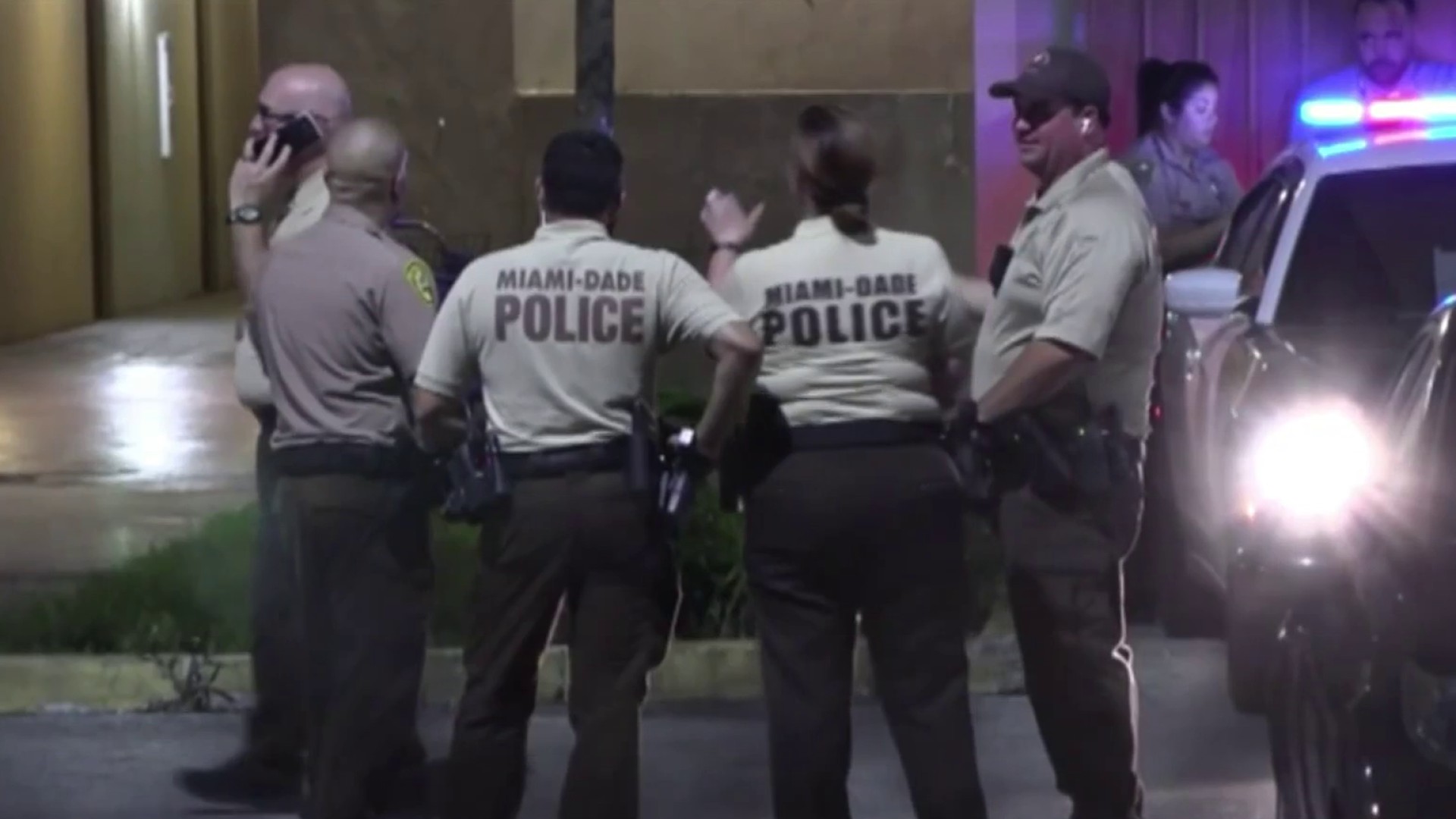Tamara Kraus and Ian Hagen made a promise to keep their father’s dying wish.
"We have to be with family," she said tearfully. "We have to be together."
Their father was Manfred Hagen. He died in 2015.
Nine years earlier, Hagen finished purchasing seven burial plots at Lakeside Memorial Gardens in Northwest Miami-Dade County. He bought the plots nearest to the grave of his son, Gustav, who died in a tragic accident in 2000.
After Manfred was diagnosed with the illness that killed him, his family made plans to lay him to rest in the plot he purchased. That’s when they discovered a woman had been buried years earlier in a spot they had purchased.
“We were just in disbelief,” Ian Hagen said. “We couldn’t believe someone was buried in one of our plots.”
Manfred died before the situation could be straightened out.
Local
"His wish was for us to be together. Not for somebody to be in our spot," Kraus said. "He expressed that we had to get it fixed."
Family and faith were always important to Manfred Hagen.
As a boy his family escaped Germany before the war.
“They were out literally on the last boat,” Kraus said. “They beat the Holocaust.”
Manfred and his wife Marion had a close relationship with his children and grandchildren.
The close relationship fueled their desire to be laid to rest side-by-side with a large family gravestone marking their final resting spot.
The family holds no ill will toward the woman buried in the spot they purchased.
“May she rest in peace. It wasn’t her fault, but it was somebody’s fault,” Kraus said. “And I’m horrified. Where am I going to go?”
In addition to the woman already buried, the family found out two other plots they bought had been promised to others.
They blame and have filed a lawsuit against Lakeside Memorial Gardens, Beth Moshe Congregation and North Miami Rabbi Jory Lang.
The family is represented by attorneys Andrew Hall and Andres F. Fernandez.
“Our contention is these plots have been sold over and over again and it’s almost like a first-come-first- served,” Fernandez said about the allegations in the lawsuit. “Whoever dies first gets the hole and they try to console the individuals to go on to another spot.”
The families involved had been offered unsatisfactory solutions, according to their attorneys.
One offer was to the woman who was buried in 2010. They offered to move her body to another spot.
“Her family declined because they understood the importance of leaving the dead remain at peace, Hall said. “Apparently, that message has not gotten through to the cemetery, the synagogue, or to the Rabbi.”
Another deal was offered to the Hagen family in an email from the Rabbi. It offered two spots behind the plots that were purchased. The family declined that offer. In that email, Lang called it a “hopeful solution” to a “horrible mistake.”
The attorneys for the rabbi, the cemetery and the temple would not comment on the lawsuit.
In court filings, the attorneys argued the law doesn’t allow compensation for emotional pain when it’s due to a contract dispute. They also argued the lawsuit should be thrown out because the family waited too long to file.
Ian Hagen and Tamara Kraus hope for a solution to be able to ease their mother’s pain and their own. But they won’t settle for less than to be buried side-by-side.
“There’s no option there’s no option,” Kraus said. “We’re one family. We have to be together.”



